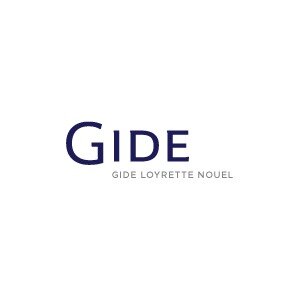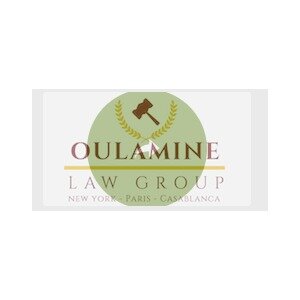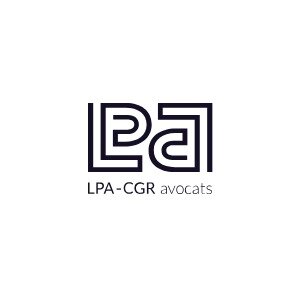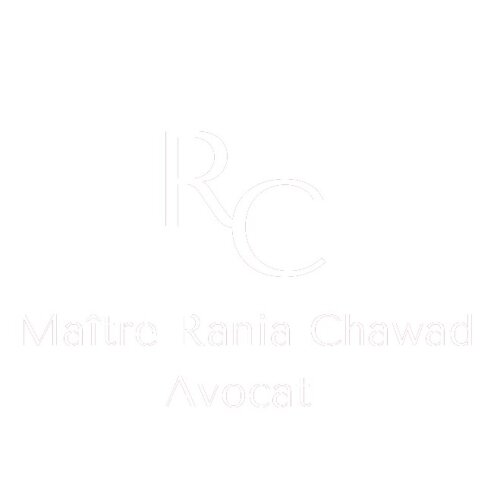Best Mortgage Lawyers in Morocco
Share your needs with us, get contacted by law firms.
Free. Takes 2 min.
Free Guide to Hiring a Real Estate Lawyer
Or refine your search by selecting a city:
List of the best lawyers in Morocco
About Mortgage Law in Morocco
Mortgage law in Morocco is governed by a robust legal framework designed to facilitate property ownership while ensuring the protection of both borrowers and lenders. The key legal document governing mortgages is the Dahir (Royal Decree) and several other regulations that oversee the creation, registration, and enforcement of mortgages. Mortgages enable individuals to purchase property or land by offering it as security to lenders, typically banks or financial institutions. Given Morocco's evolving real estate market, having a keen understanding of mortgage laws is crucial for both locals and foreigners wishing to invest in property in the country.
Why You May Need a Lawyer
Seeking a lawyer in the context of mortgages in Morocco can be beneficial for various reasons:
- Contract Drafting and Review: Mortgage agreements can be complex, and having a lawyer help with drafting or reviewing can ensure that you understand the terms and aren't agreeing to unfavorable conditions.
- Legal Compliance: Ensuring that all parties comply with Moroccan laws during the mortgage process is crucial to avoiding legal issues later.
- Dispute Resolution: Whether it's a conflict with a lender or issues regarding property ownership, a lawyer can assist in resolving disputes effectively.
- Foreclosure Proceedings: If you face foreclosure, a lawyer can provide advice on how to handle the situation or negotiate with lenders.
- Real Estate Transactions: Lawyers can facilitate real estate transactions, ensuring they proceed smoothly and legally.
Local Laws Overview
The primary aspects of mortgage laws in Morocco include:
- Lien Rights: Mortgages serve as liens against property, giving lenders a claim against the property if borrowers default.
- Registration Requirement: Mortgages must be registered with the local land registry to be valid and enforceable.
- Interest Rates: Interest rates are subject to regulation and may vary based on the type of property and the lender.
- Foreclosure Procedures: Moroccan law outlines specific procedures lenders must follow to foreclose on a property.
Frequently Asked Questions
What is a mortgage in Morocco?
A mortgage in Morocco is a loan in which property or real estate is used as collateral. The borrower enters an agreement with a lender (usually a bank), receiving funds upfront and then making payments over a set period.
Can foreigners obtain a mortgage in Morocco?
Yes, foreigners can obtain a mortgage in Morocco, but they might face stricter requirements compared to Moroccan nationals, including higher down payments and interest rates.
What are the typical terms of a mortgage in Morocco?
Mortgage terms in Morocco usually range from 5 to 30 years, with interest rates that vary based on market conditions, the lender's policies, and the borrower's financial profile.
How is the interest rate determined?
Interest rates for mortgages often depend on the prevailing economic climate, the bank's policies, and negotiations between the lender and borrower.
What is required to qualify for a mortgage?
To qualify for a mortgage, borrowers need to demonstrate a stable income, have a good credit history, provide necessary documentation (like identification and proof of income), and often have a down payment.
Can a mortgage agreement be modified?
Yes, mortgage agreements can be renegotiated or refinanced, especially if economic conditions or personal circumstances change. Consultation with the lender and sometimes legal assistance is advisable.
What happens if I default on my mortgage?
Defaulting on a mortgage can lead to foreclosure, where the lender has the right to claim the property and sell it to recover the loan amount. Legal remedies may be available to delay or prevent foreclosure.
Are there penalties for early repayment of a mortgage?
Some lenders may impose penalties for early repayment to cover potential losses from interest they would have earned. It's essential to clarify this aspect before signing a mortgage agreement.
How do I find a reputable lender in Morocco?
Research is key. Consider consulting a lawyer or mortgage broker familiar with the Moroccan market, checking reviews, and comparing offerings from multiple banks.
Do I need insurance with a mortgage?
Most lenders in Morocco require borrowers to have property insurance to protect the property and the lender's interest in it. This requirement should be clarified as part of the mortgage agreement.
Additional Resources
For more information on mortgages in Morocco, consider the following resources:
- Ministry of Housing and Urban Policy: Offers insights into housing policies and regulations affecting mortgages.
- Bank Al-Maghrib: The central bank provides information on national banking policies and interest rates.
- Local Real Estate Agents: These professionals can offer market insights and connect you with lenders.
- Legal Firms Specializing in Real Estate: These firms provide legal assistance and representation in mortgage-related matters.
Next Steps
If you need legal assistance with a mortgage in Morocco, consider the following steps:
- Identify Your Legal Needs: Determine whether you need help with a contract, dispute resolution, compliance matters, or foreclosure assistance.
- Research Potential Lawyers: Look for attorneys with expertise in Moroccan mortgage law. Consider their experience, specialization, and client reviews.
- Schedule Consultations: Meet with potential lawyers to discuss your situation, asking about their approach, fees, and strategies for your specific needs.
- Select a Lawyer: Choose a lawyer who understands your goals, can offer actionable advice, and with whom you feel comfortable working.
- Prepare Documentation: Gather all necessary documents related to your mortgage and any communication with your lender to share with your lawyer.
Lawzana helps you find the best lawyers and law firms in Morocco through a curated and pre-screened list of qualified legal professionals. Our platform offers rankings and detailed profiles of attorneys and law firms, allowing you to compare based on practice areas, including Mortgage, experience, and client feedback.
Each profile includes a description of the firm's areas of practice, client reviews, team members and partners, year of establishment, spoken languages, office locations, contact information, social media presence, and any published articles or resources. Most firms on our platform speak English and are experienced in both local and international legal matters.
Get a quote from top-rated law firms in Morocco — quickly, securely, and without unnecessary hassle.
Disclaimer:
The information provided on this page is for general informational purposes only and does not constitute legal advice. While we strive to ensure the accuracy and relevance of the content, legal information may change over time, and interpretations of the law can vary. You should always consult with a qualified legal professional for advice specific to your situation.
We disclaim all liability for actions taken or not taken based on the content of this page. If you believe any information is incorrect or outdated, please contact us, and we will review and update it where appropriate.
Browse mortgage law firms by city in Morocco
Refine your search by selecting a city.

















